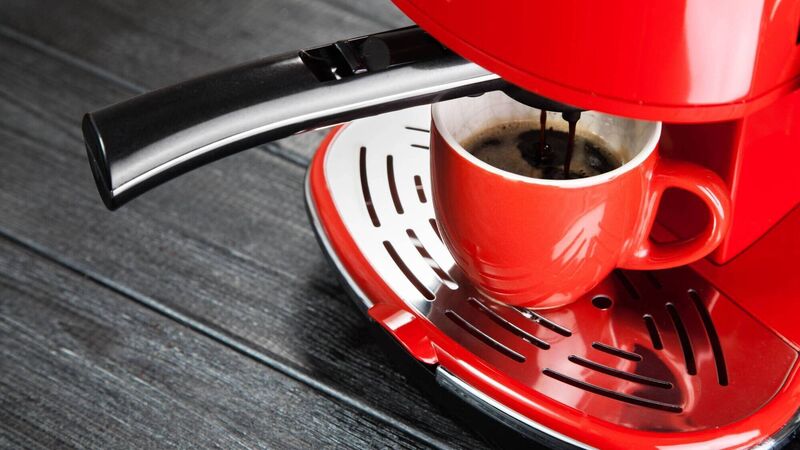Row brewing on method of caffeine removal from coffee

Guidelines show one cup of brewed coffee has 111mg of caffeine with 78mg in a cup of instant coffee. Picture: Alamy/PA
Should we be worried about drinking decaf coffee?
A row about the process for removing caffeine from coffee is brewing in America with environmental groups calling for one extraction substance to be banned due to cancer and health fears.










